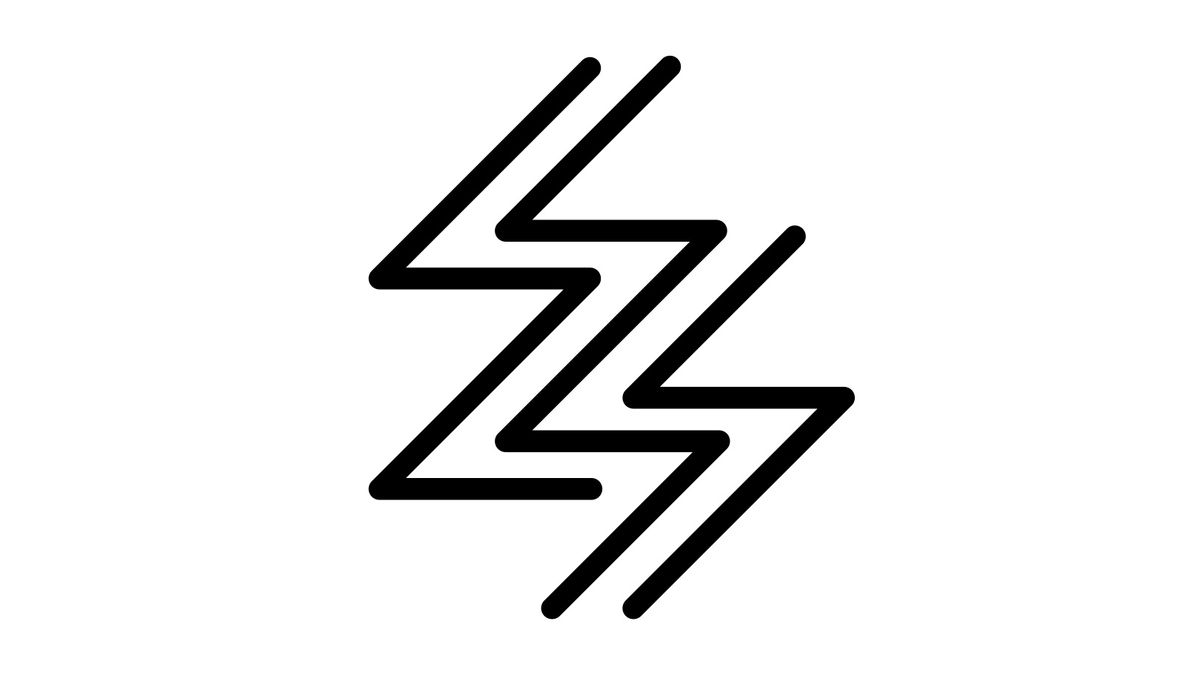Roundup 006, July 2020
Roundup 006, July 2020
Roundup 006, July 2020

Our Cyborg Collective
https://tinyletter.com/metafoundry/letters/metafoundry-73-our-cyborg-collective-body-ourselves
The whole thing is excellent, but I want to highlight something particular:
I’m spending this summer writing a book that is mostly about networked infrastructures. Since I was a little girl, I’ve been in love with the charismatic megastructures of these systems—from power stations and transportation hubs, to dams and bridges and water treatment plants and now data centers. But when I started spending a lot of time with infrastructure, it became clearer and clearer that these systems are as much social as they are technological, and that’s the tangled Gordian knot. I came to realize how much they are a product of social norms, whether it’s putting the kettle on for tea when your TV show ends or a willingness to raze African-American neighborhoods for the convenience of white suburban commuters. And I began to think about these technological systems in the context of their allied systems.
Three years ago, I wrote this in the Atlantic:
Besides these physical networks, there are a host of other systems that exist primarily to contribute to the common good by taking on responsibility for safety, access and planning. I don’t have to know where my breakfast eggs came from to know they’re safe to eat, because of the United States Department of Agriculture. When I fill a prescription, the pills I’m given will be efficacious, thanks to the Food and Drug Administration. The Center for Disease Control tracks and responds to outbreaks before they become epidemics. I’ve been known to get on a plane and fall asleep before takeoff; my security is because the Federal Aviation Authority regulates air traffic. And these are just a handful of ways these systems affect my daily life.
[This is an essay from the Before Times; in the US, of course, we are now living the tragic consequences of what happens when some of these systems that we rely on fail, are ignored, or are deliberately undermined.]
The infrastructure researcher and science fiction writer Paul Graham Raven has offered up a surprising and insightful way of thinking about our infrastructural systems: he describes them as making us a ‘cyborg collective’. Not an individual cyborg, in the ‘Ellen Ripley operating a power loader’ sense, and not a collective of individual cyborgs, but a single cyborg collective: Infrastructures are a sort of tool: they’re a prosthesis, an extension of baseline human abilities. … But it’s not just you that’s dependent on infrastructure, the way an earlier you was dependent on being able to knap flint and whittle bone. No - you’re dependent on infrastructure as a community. The prostheses upon which your life now depends are augmentations not of your own body, but of the collective body of your tribe or village.
Congratulations: you’ve just transitioned from being a collective of cyborgs to being a cyborg collective.
Alone in my apartment, at dusk, I flip a switch to turn on a light. In that instant, not only are my individual senses augmented (now I can see at night), but I become part of a continent-spanning colossus. My reach extends out for thousands of miles, across a national border, encompassing a nuclear power plant, a massive hydroelectric project, scores of substations, thousands of pylons, and an incalculable amount of human expertise, skill, and labour. As an individual, I only call on the tiniest sliver of everything this system produces, but it couldn’t exist were it not collective. As Paul notes, this system binds me to my neighbors, and to the place where we all live.
But here’s the thing: all cyborgs consist of a technological augmentation and also a biological component. And it’s not just the technological part of our cyborg selves that is collective. Our bodies are part of a biological collective too. As with the technological part of our collective cyborg-ness, we’ve worked hard to create a system that works so effectively that we don’t notice it until it fails, or it founders on being faced with novel challenges. We call it ‘public health’.
Maersk, Me, and NotPetya
I just finished reading “Sandworm” about the NotPetya attacks and want to write up a few thoughts about it. In the meantime, filing this under the “well this is very interesting” folder: https://gvnshtn.com/maersk-me-notpetya/
Federal agencies concerned face masks will thwart facial recognition tech
Another interesting file for the intersection of “computer vision” and a Gibsonian future outlined more than a decade ago in a series of books about marketing and coolhunting (Blue Ant trilogy):
https://www.theverge.com/2020/7/17/21328287/face-masks-facial-recognition-privacy-security-protests